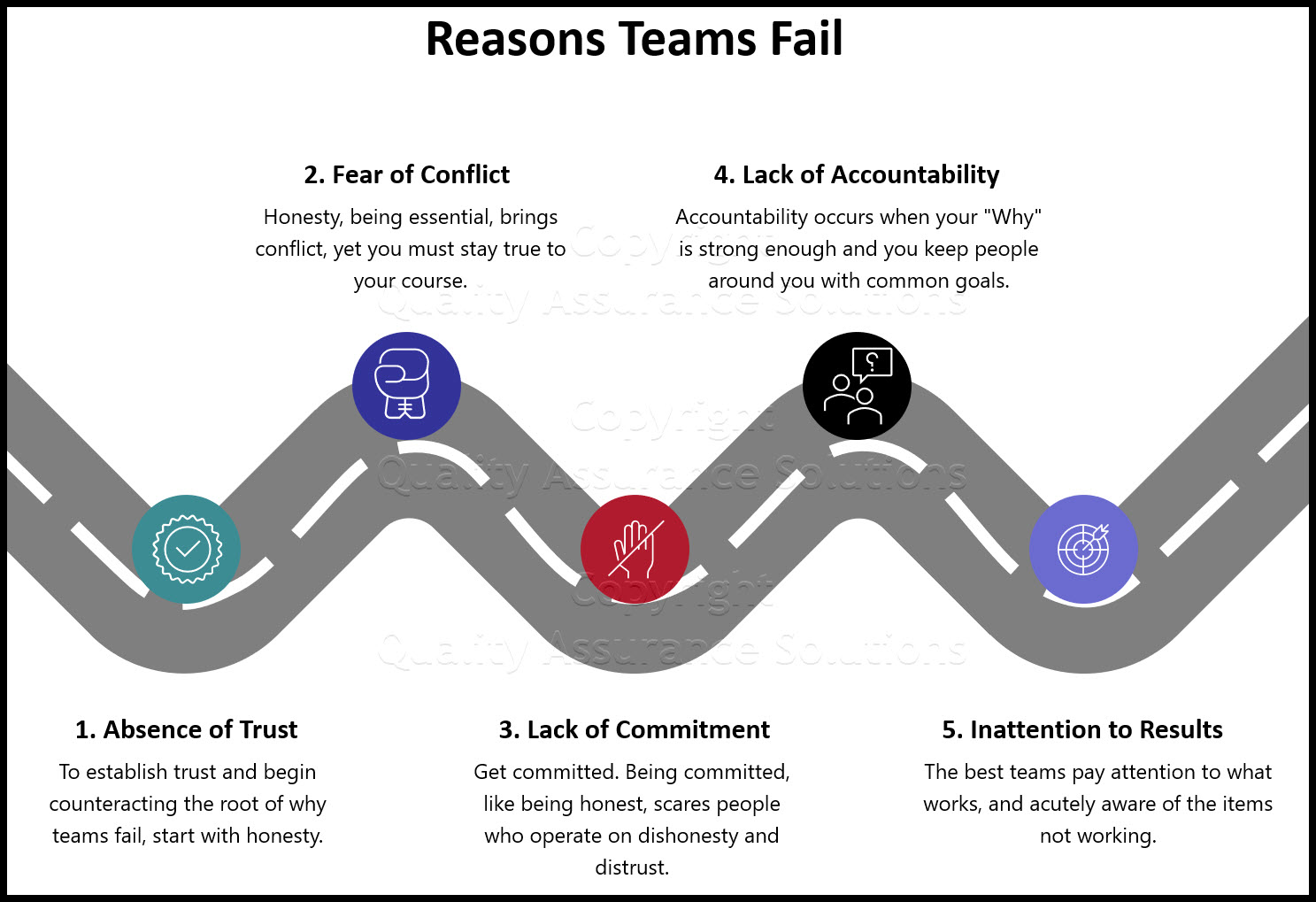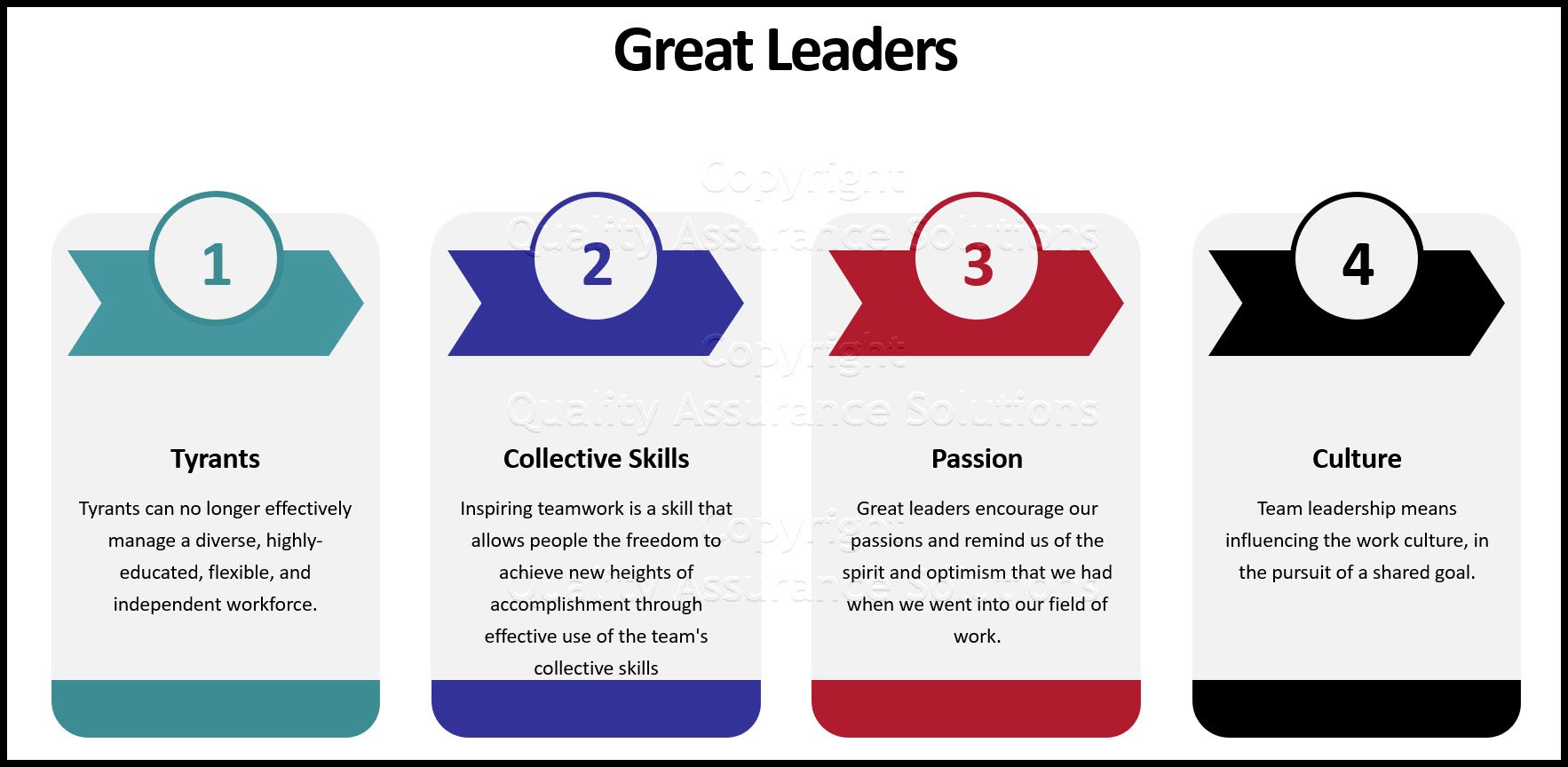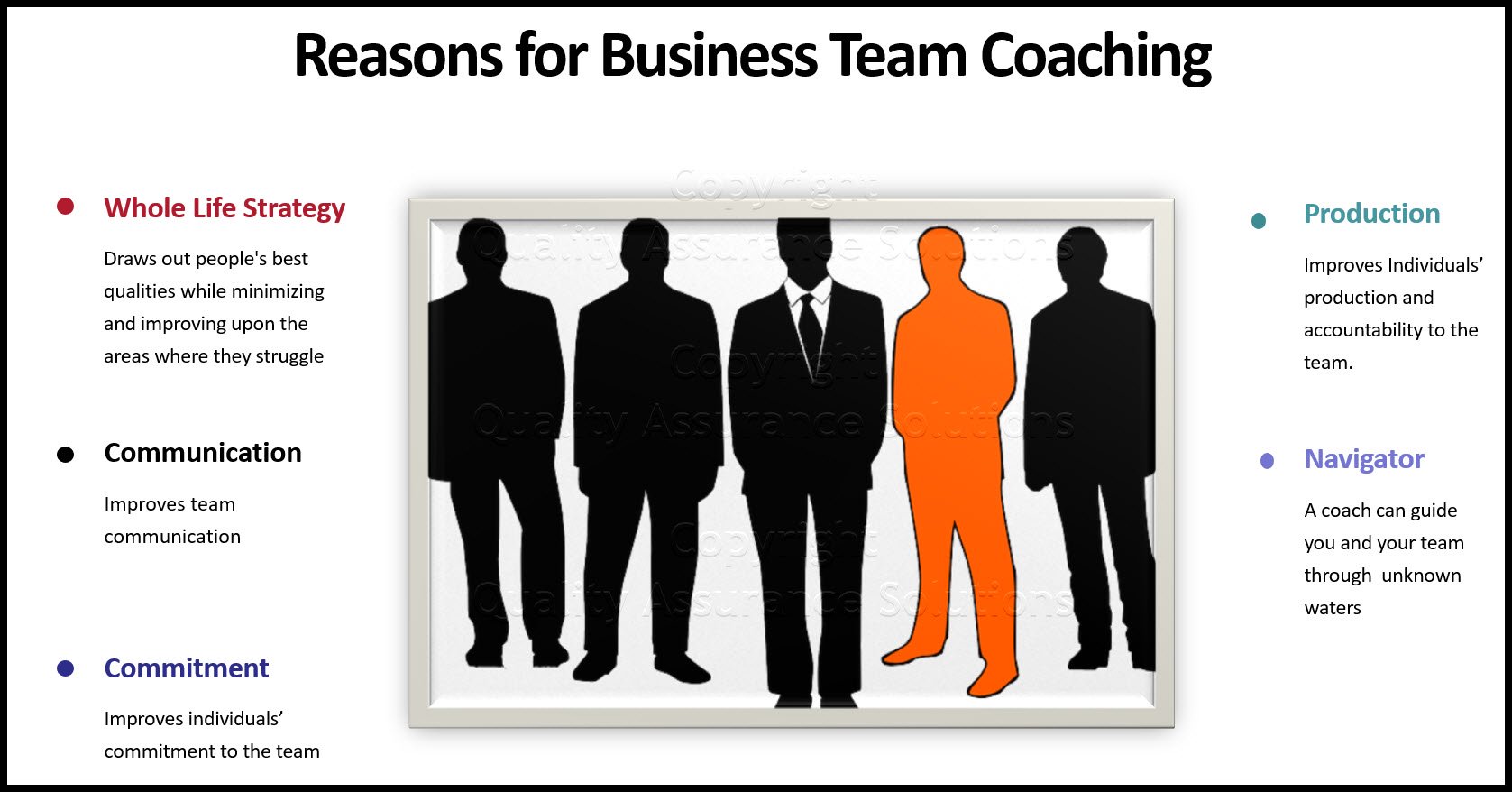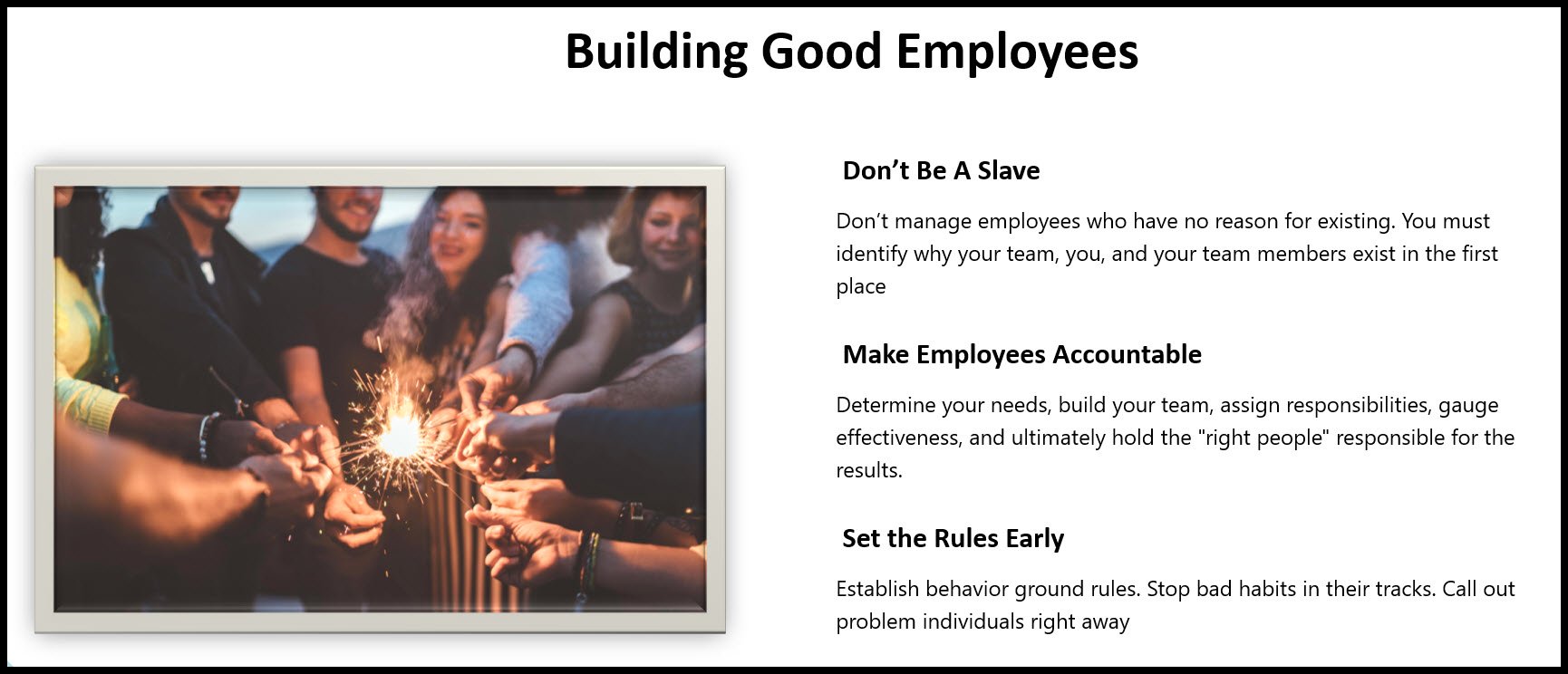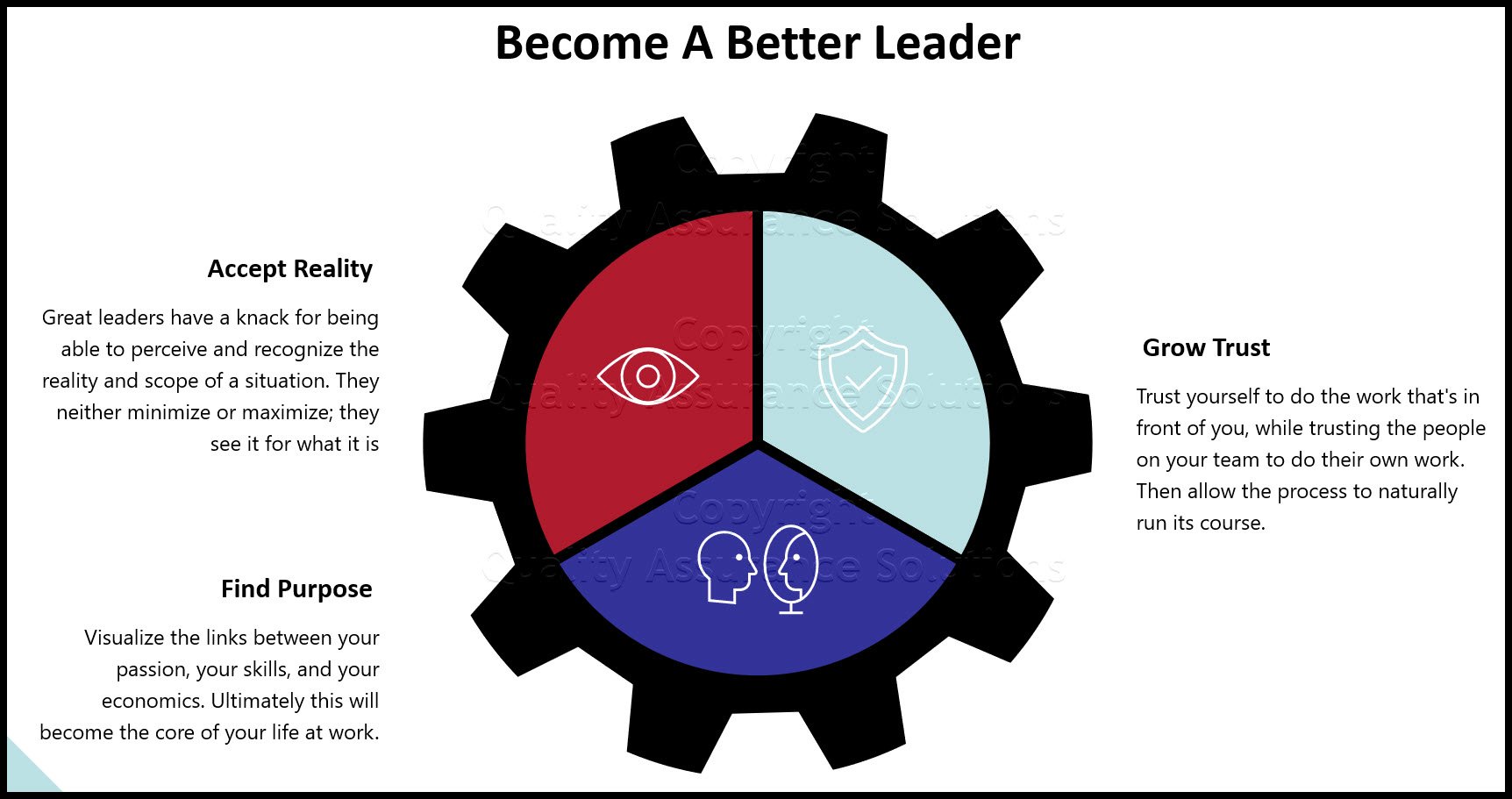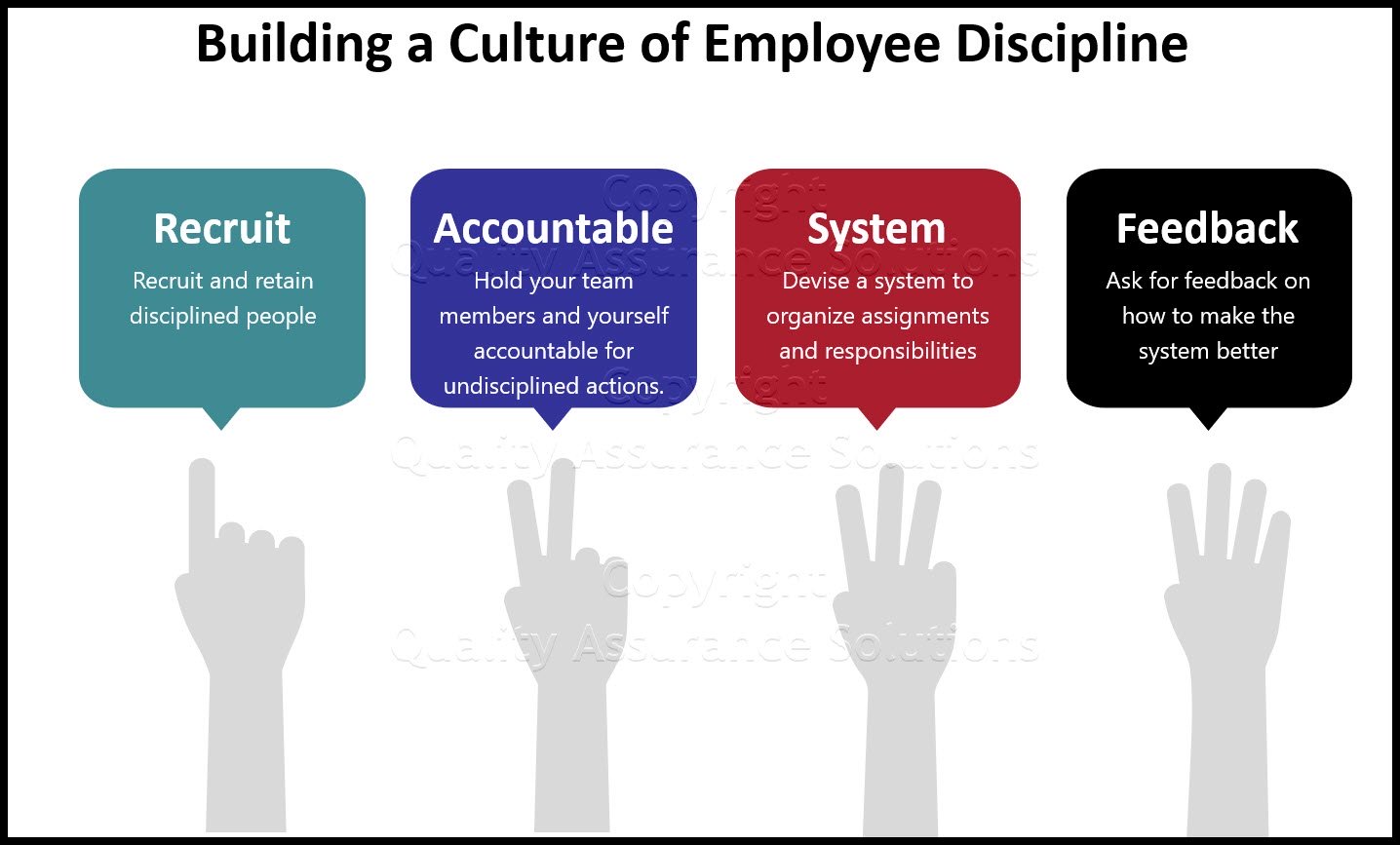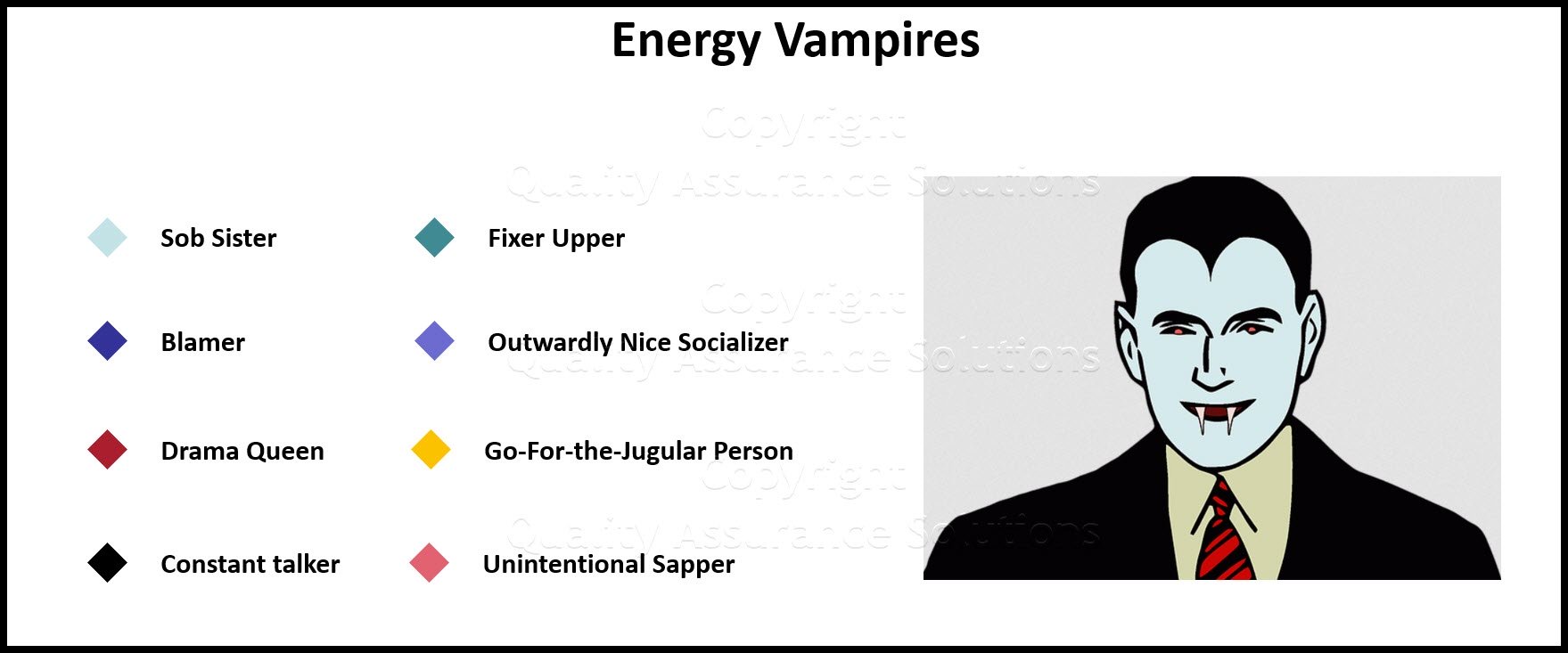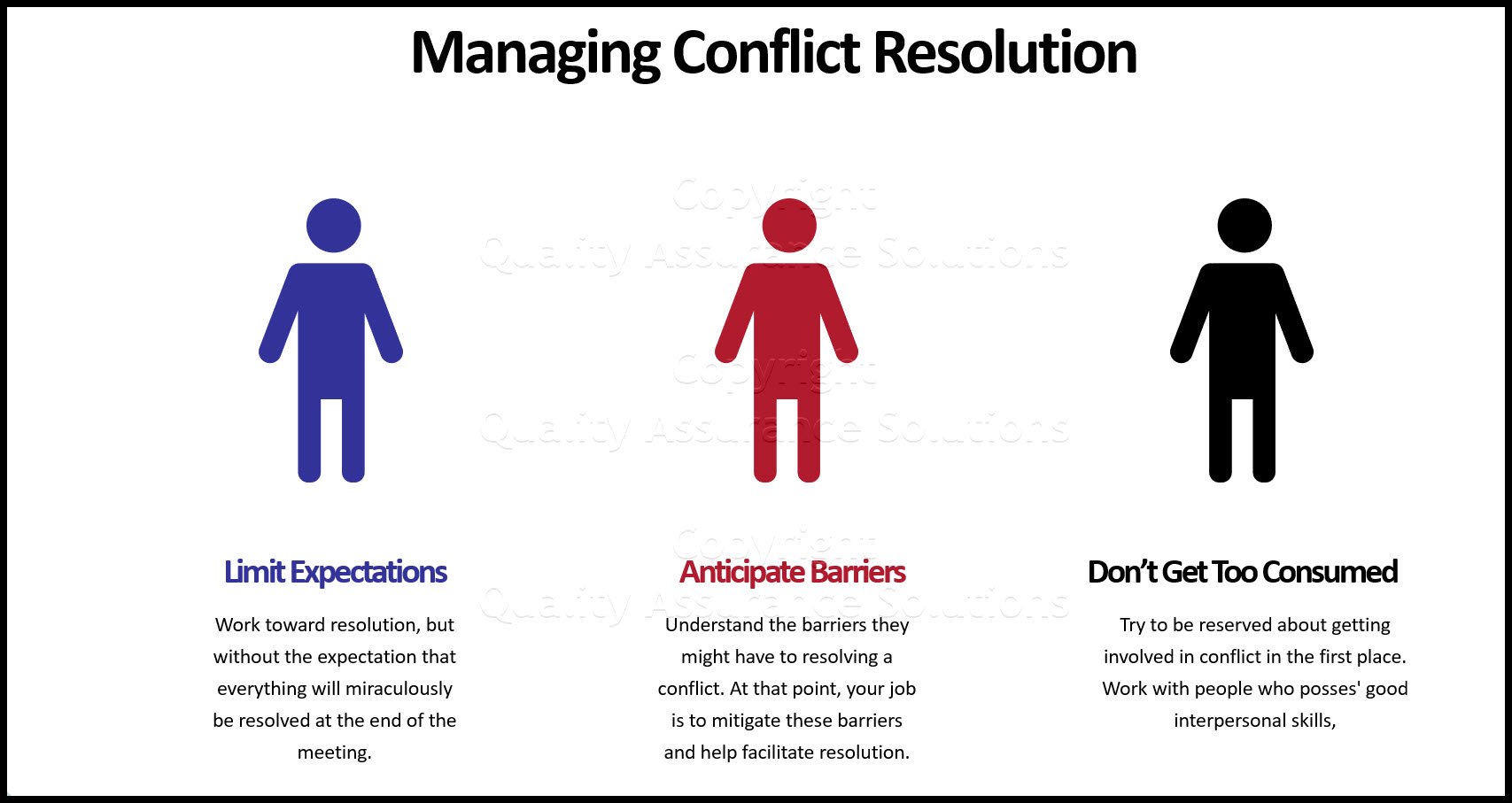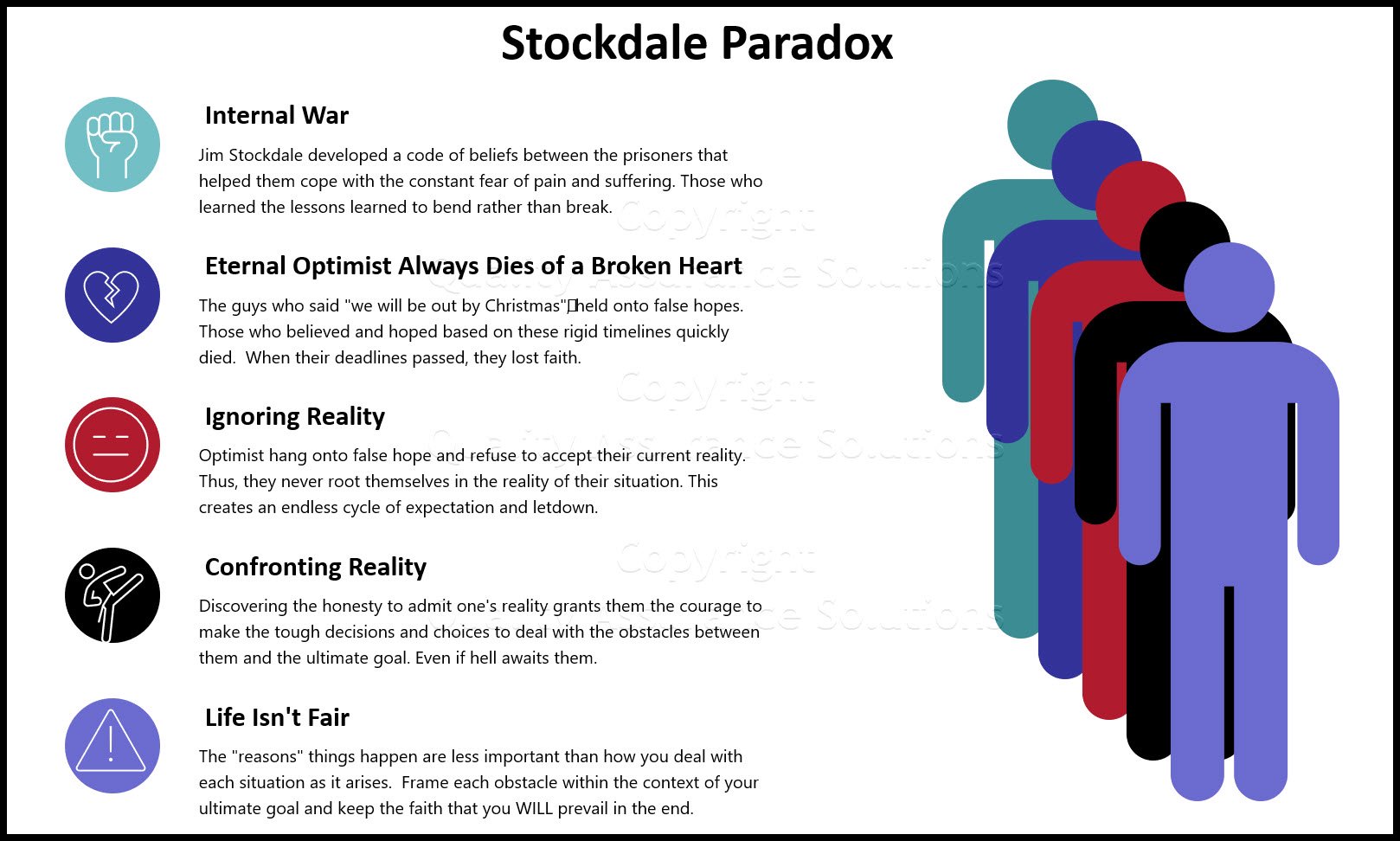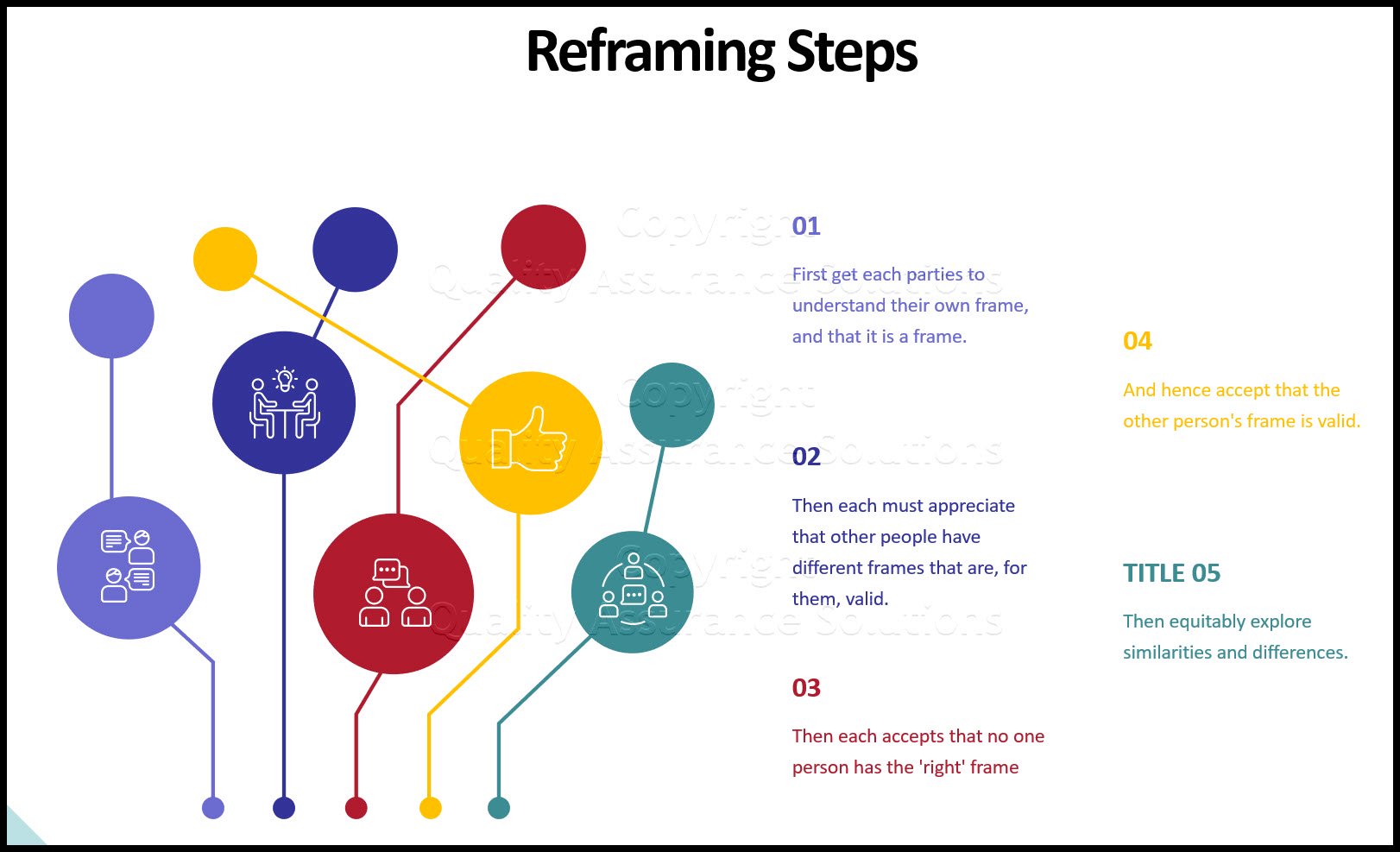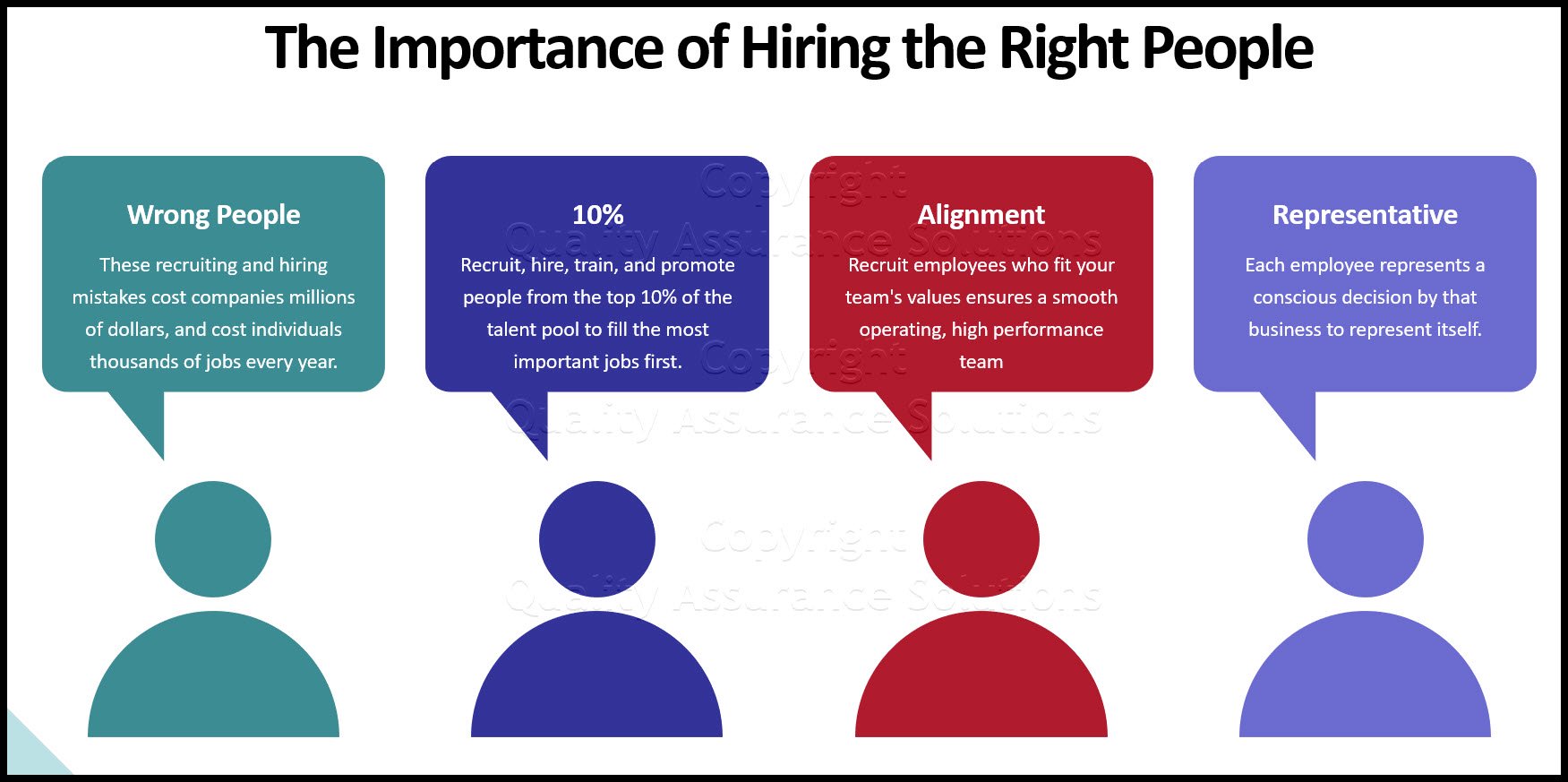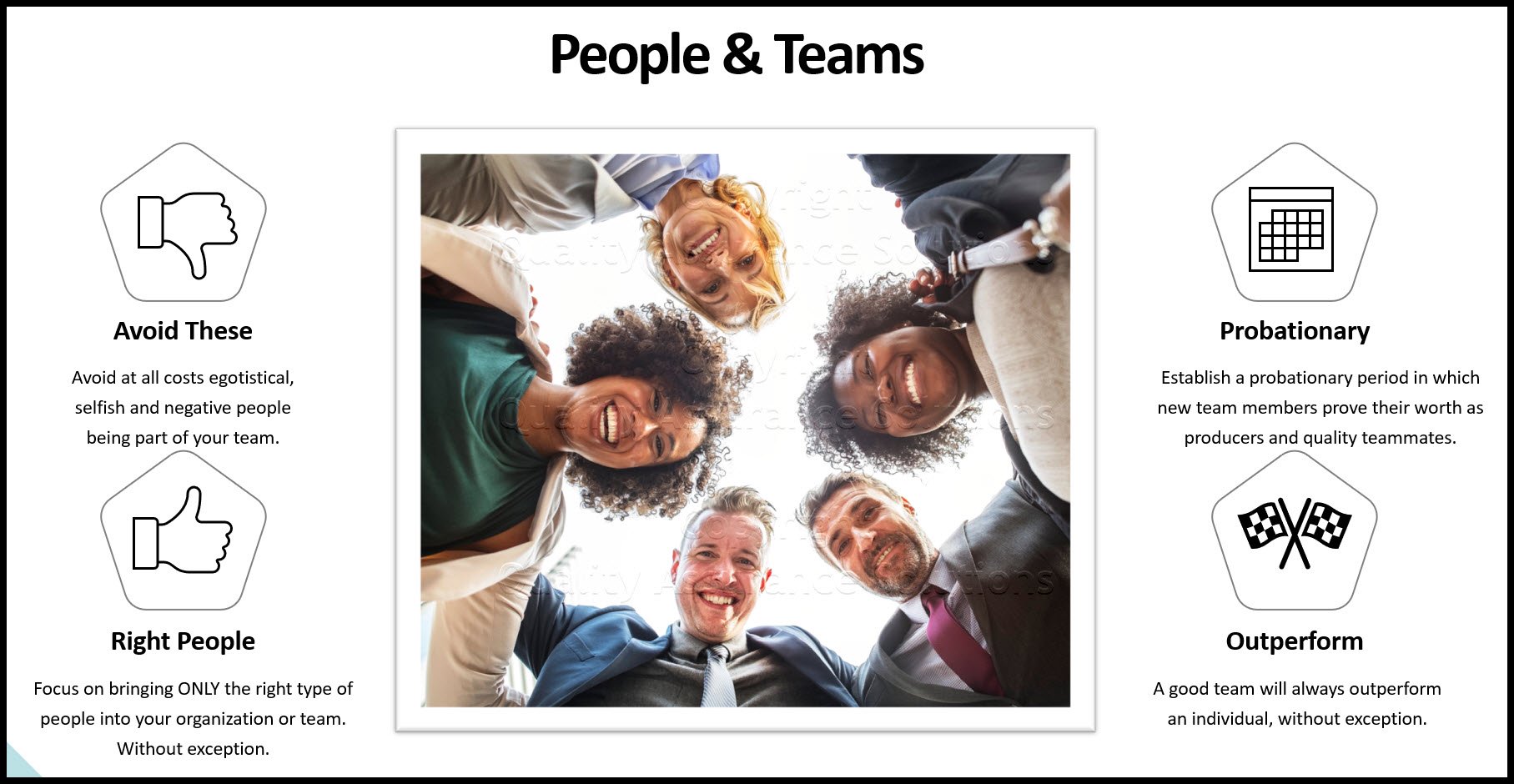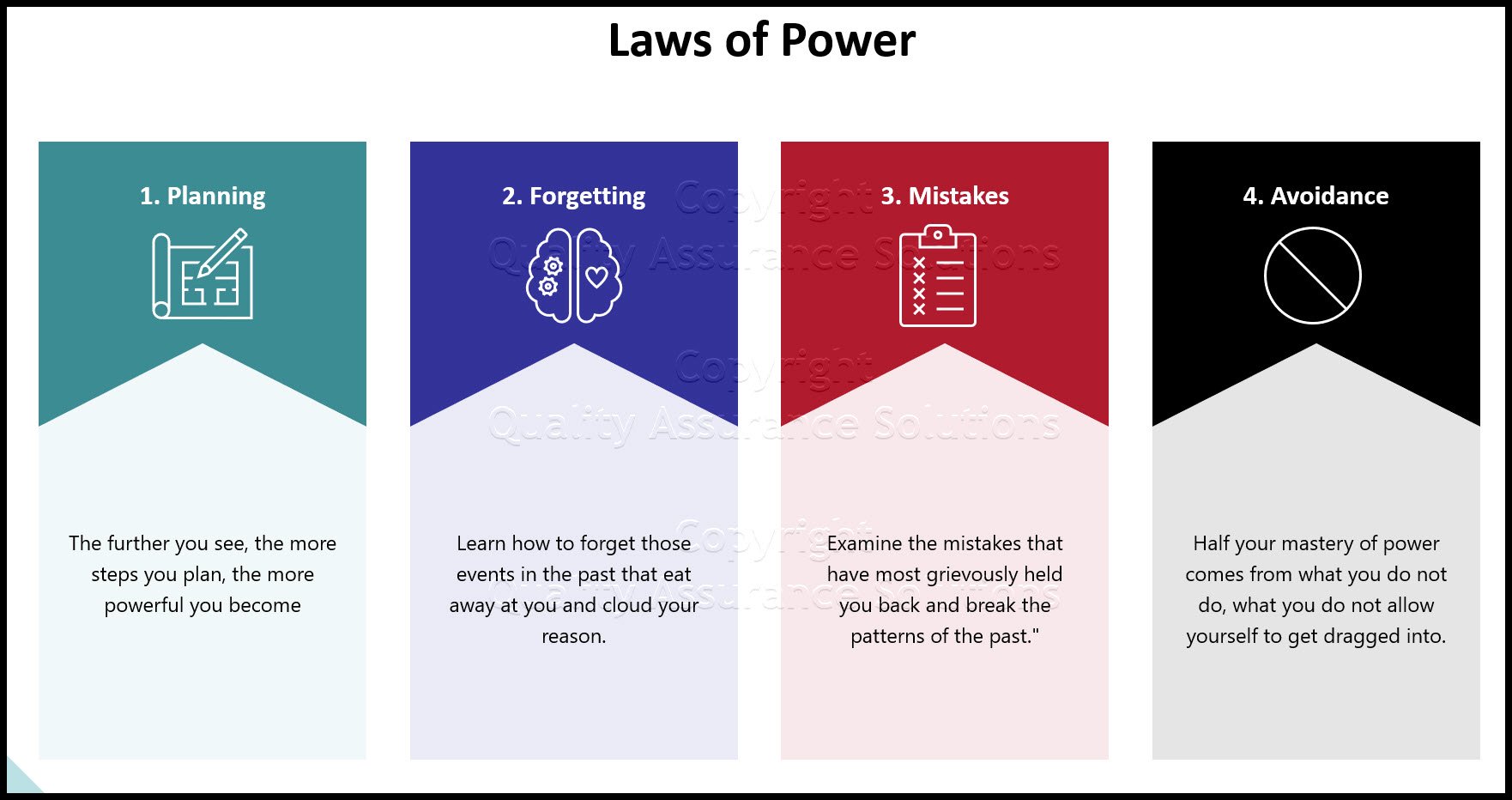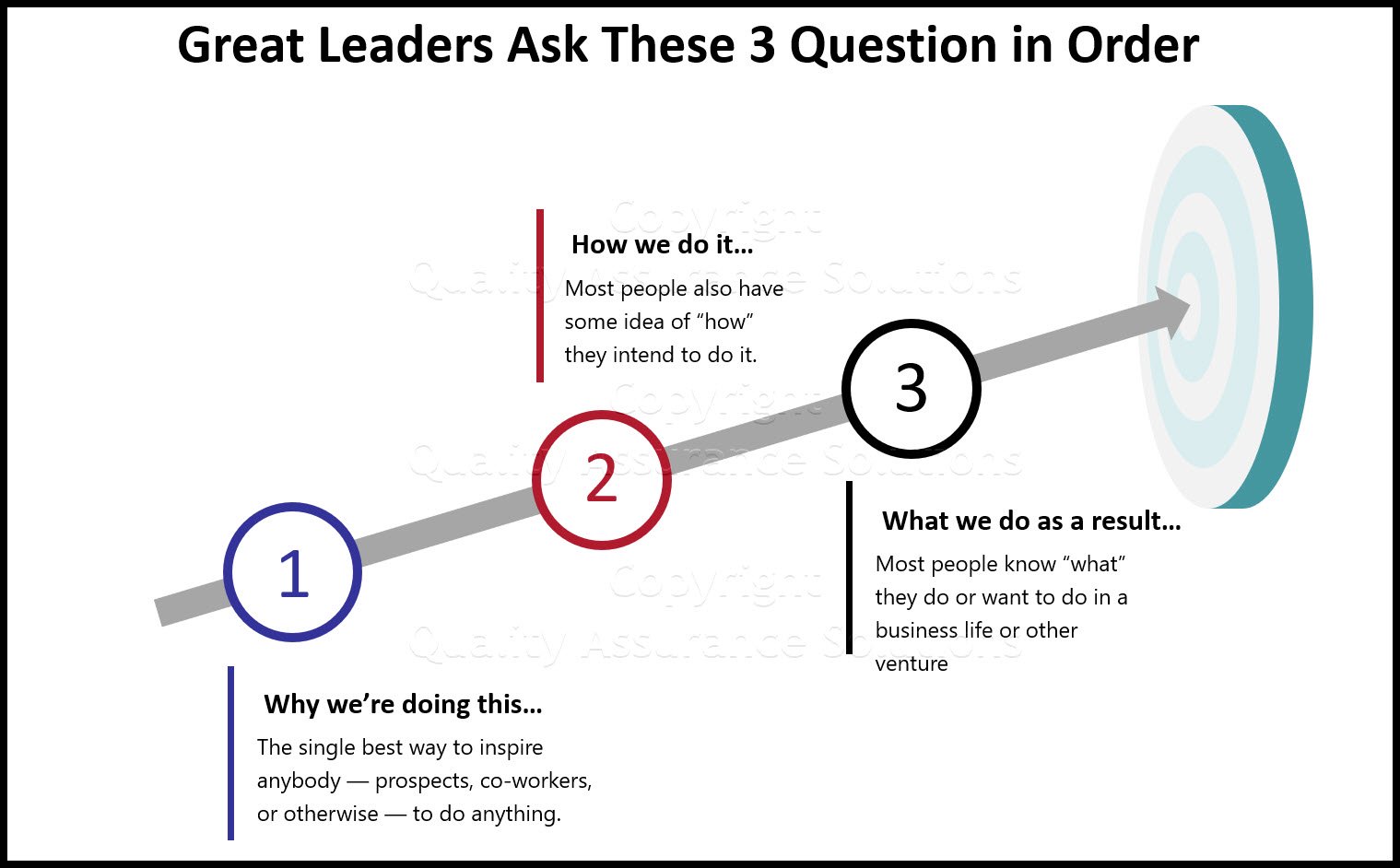Why Teams Fail & Why Other Teams Succeed?
The reasons why teams fail while others succeed?
Patrick Lencioni wrote about this subject in his book, The 5 Dysfunctions of a Team. These dysfunctions are:
1. Absence of Trust
2. Fear of Conflict
3. Lack of Commitment
4.
Unwillingness to Hold Each Other Accountable
5. Inattention to
Results
If you've been part of a dysfunctional team you know how frustrating and dejecting it can be to show up to work every day.
Workplaces full of politics, manipulation and silent resentments are unhealthy to the people working there and in-congruent to effective operation or meeting goals.
TrainingKeeper Software. Keep, organize and plan all your employees' training and activities. Software includes multi-user support with reports, certs, and calendars.
As a Leader. . .
First you must recognize that dysfunction is the reason why teams fail.
Second you must begin to establish the conditions that produce trust on the team. In some cases this might mean discipline to some employees, perhaps in some cases it means termination or removal from the team.
You must call people on their negative behaviors.
You Must Become Ruthlessly Honest
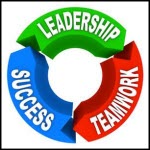
To establish trust and begin counteracting the root of why teams fail, start with honesty.
"Trust is a psychological state comprising the intention to accept vulnerability based on positive expectations of the intentions of another."
We are vulnerable when part of a team. If we can't trust the people around us we become lost.
Conflicts, problems, drama, meetings, boundaries all run smoother when people trust each other.
Check out some effective
conflict resolution strategies.
Get certified in Risk Management through our completely on-line training system. Study at your own pace.
Have Courage in the Face of Fear
Honesty brings conflict. This is true in life, on teams, and in business.
Fear not. Jim Collins, author of Good To Great says, "The essence of profound insight is simplicity."
Honesty builds trust, yet it often brings conflict to those who not ready for honesty or simplicity.
This one simple concept drives the stake in the heart of the question of "why
teams fail?" Honesty, being essential, brings conflict, yet you must stay
true to your course.
Fight Lack of Commitment
"They understand each other and collective goals better." -Eric Mangini (Coach of the Cleveland Browns)
Being committed, like being honest, scares people who operate on dishonesty and distrust. They play by an ever-shifting set of rules, so "commitment" means just that "being committed" to a specific course of action and an established set of guiding principles.
"Trying" to be committed does not work.
Just like Yoda said to Luke in Star Wars, "Do or do not. . . there is no try."
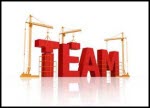
When having trouble establishing commitment, means you have not taken care of the previous two factors:
1. Are people fearful of rocking the boat by being honest?
2. Are people
trusting?
If you have trust, you're ruthlessly honest and not afraid of conflict with others on the team. Then commitment to a plan of action should come easily.
If you exhibit fear, dishonesty or distrust you must identify the factors
that not allow you to move forward. This step is integral to your
success, since these sticking points cause team failure.
PDCA Complete is an organizational task management system with built-in continuous improvement tools. Includes projects, meetings, audits and more.
Built by Quality Assurance Solutions.
Begin Holding Everyone Accountable

Commitment and faith in your course of action breeds accountability on your team. It's natural to hold yourself and the people around you accountable when you believe in clearly defined goals and roles.
Using these different forms such as constructive criticism, mentoring, collaboration, etc. all hold one another accountable. But t
To be effective they all require trust and honesty.
Each breaks down when one leg of the stool goes missing.
Accountability occurs when your "Why" is strong enough and you keep people
around you with common goals.
Why Teams Fail? Only Pay Attention To Results
The best teams pay attention to what works, and acutely aware of the items not working.
Jim Collins makes it clear, the business that pays attention to their unique Hedgehog Concept and keeps it in the forefront of their mind in all situations, is the business that succeeds the most.
Why teams fail? Confusion, dishonesty, fear, lack of defined goals. Dysfunction is the root of all failure.
To succeed you must weed out dysfunction, you can do this once you've
accounted for the 5 reasons why teams fail.
- QAS Home
- Leadership
- Why Teams Fail
|
Quality Assurance Solutions Robert Broughton (805) 419-3344 USA |
 |
|
Software, Videos, Manuals, On-Line Certifications | ||
|
An Organizational Task Management System. Projects, Meetings, Audits & more | ||
|
Corrective Action Software | ||
|
Plan and Track Training | ||
|
AQL Inspection Software |
|
450+ Editable Slides with support links | ||
|
Learn and Train TRIZ | ||
|
Editable Template | ||
|
Templates, Guides, QA Manual, Audit Checklists | ||
|
EMS Manual, Procedures, Forms, Examples, Audits, Videos | ||
|
On-Line Accredited Certifications Six Sigma, Risk Management, SCRUM | ||
|
Software, Videos, Manuals, On-Line Certifications |
